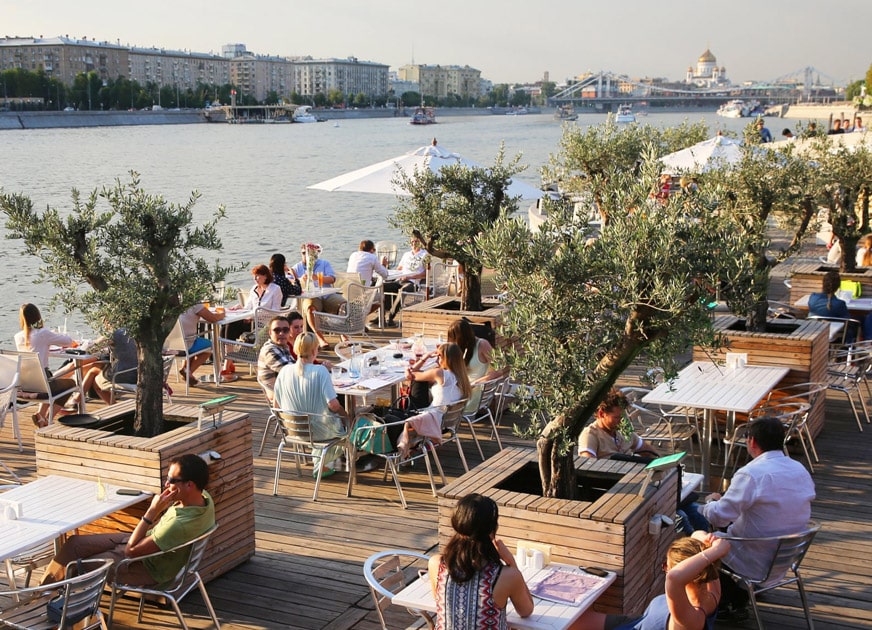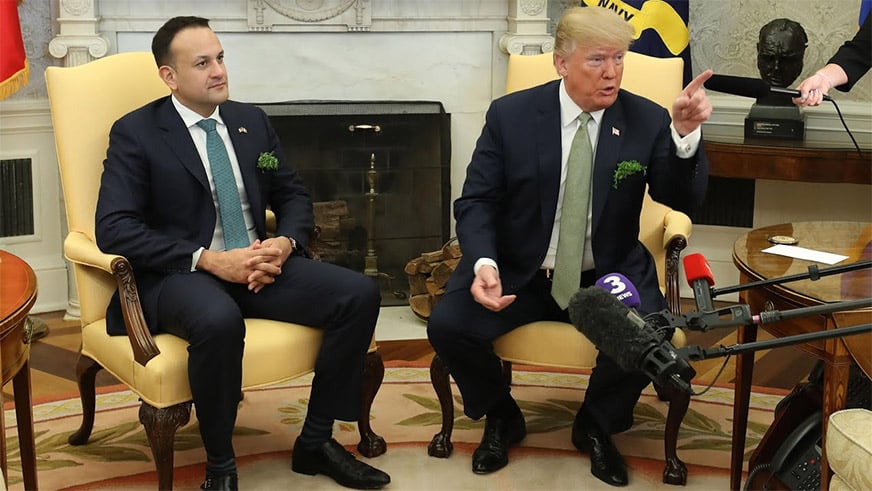News by
The Guardian on
The statement from the Foreign Office committee was terse: “Due to heightened political tensions between the UK and Russia, you should be aware of the possibility of anti-British sentiment or harassment at this time.”
In Moscow, Gergely Stewart, 33, says he is receiving concerned calls from family in the UK for the first time since he moved to Russia in 2012. “Are you OK?” they ask him. “Is everything going to be OK?”
Things are OK, he tells the Guardian. Originally from London, he is happy in Moscow, where he is married and has his own recruitment company with a dozen employees. Like many expats working in business, he largely steers clear of politics.
Overall, he says, the collapse in UK-Russia relations over the Salisbury nerve agent attack has had “no practical effect” on his life here. But he is worried about “a spark”, he says, that could mean London and Moscow punishing foreigners in tit-for-tat reprisals that could bring the diplomatic row closer to home.
“There’s always been a slight worry of how far down the road of isolation Russia will go,” he says, “and to what extent that will filter down from the government level to a regular Joe who emigrated here and set up a business.”
There were tensions long before the poisoning of the double agent Sergei Skripal and his daughter last week. Much changed in March 2014, when Russia annexed Crimea from Ukraine, provoking western sanctions. Oil prices collapsed and the Russian economy stalled, cutting jobs for foreigners and leaving those paid in roubles far poorer abroad.
From nearly 180,000 British citizens living in Russia at the beginning of 2014, the expat community fell to below 30,000 within two years. “Did an audit,” one British former resident of Moscow replies when approached for this article. “Everyone’s basically left.”

There has been a rise in anti-British sentiment in the Russian media this week, with caricatures of Theresa May in newspapers and sabre-rattling MPs appearing on television. Analysts close to the Kremlin tell the Guardian they think the British government has lost its mind.
For Anna Jackson-Stevens, who first arrived in Moscow in 1991 and now works in the city in public relations, the timing of the row has been “discouraging”. With Russia hosting the football World Cup in June, she had hoped foreign visitors would follow.
“There’s been tension for some time,” she says. “But when British or American people ask if we’re going to be welcome, I can honestly say yes.”
Violent clashes between Russian and British football fans in France in 2016, in which one Briton was killed, have also marred Russia’s reputation in the UK. Maya Lomidze, the executive director of the Russian Association of Tour Operators, says the number of British tourists has dropped an average 10% each year since 2014.
The reasons? Geopolitics for one. A weak pound for another. But long-term expats have grown more accustomed to the volatility.
“At a certain point you just have to live slightly more like the Russians and say whatever happens, happens,” Stewart says.
Comments
Add comment